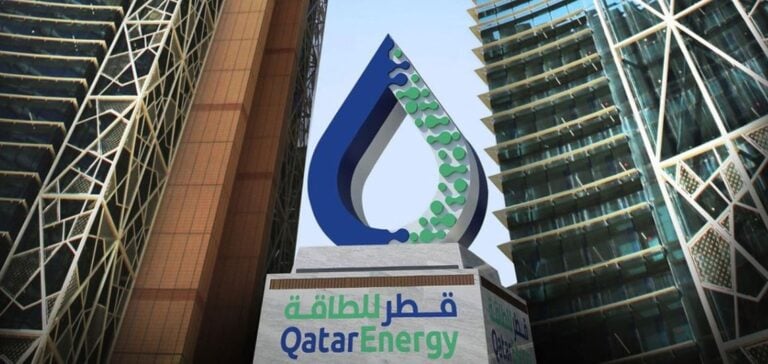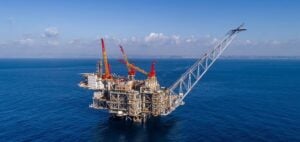Qatar’s Minister of Energy, Saad al-Kaabi, announced at the Qatar Economic Forum the emirate’s intention to sign more contracts for the supply of LNG (liquefied natural gas) this year. This decision was taken to meet growing global demand, which had already led QatarEnergy to sign contracts for 25 million tonnes of LNG the previous year. Qatar, recognized as one of the world leaders in LNG alongside the United States and Australia, continues to strengthen its strategic position in the global market, particularly in Europe and Asia.
Energy and strategic context
Faced with reduced Russian gas supplies due to the crisis in Ukraine, many European countries are turning to Qatar to secure their energy supplies. In February, Qatar also revealed ambitious plans to increase production from its gigantic natural gas field, the largest in the world, shared with Iran, targeting a capacity of 142 million tonnes per year by 2030. These initiatives demonstrate Qatar’s commitment to playing a central role in global energy security.
Outlook for industry leaders
Patrick Pouyanné, CEO of TotalEnergies, and Darren Woods, CEO of ExxonMobil, underlined the importance of LNG in the global energy transition at the same forum. They expressed an optimistic view of LNG’s role, noting that despite climate challenges and criticism of fossil fuels, natural gas is seen as a crucial component in the transition to cleaner energy. Pouyanné specifically mentioned that increasing LNG production capacity worldwide could lead to lower prices, attracting new markets such as India, which is seeking to reduce its dependence on coal.
The expansion of LNG contracts by Qatar illustrates the complex dynamics of global energy demand and the strategic place of gas in the energy transition. With new production initiatives and prospects from industry leaders, LNG remains a key element in meeting growing energy demand while navigating the challenges of sustainability and global energy policies.





















